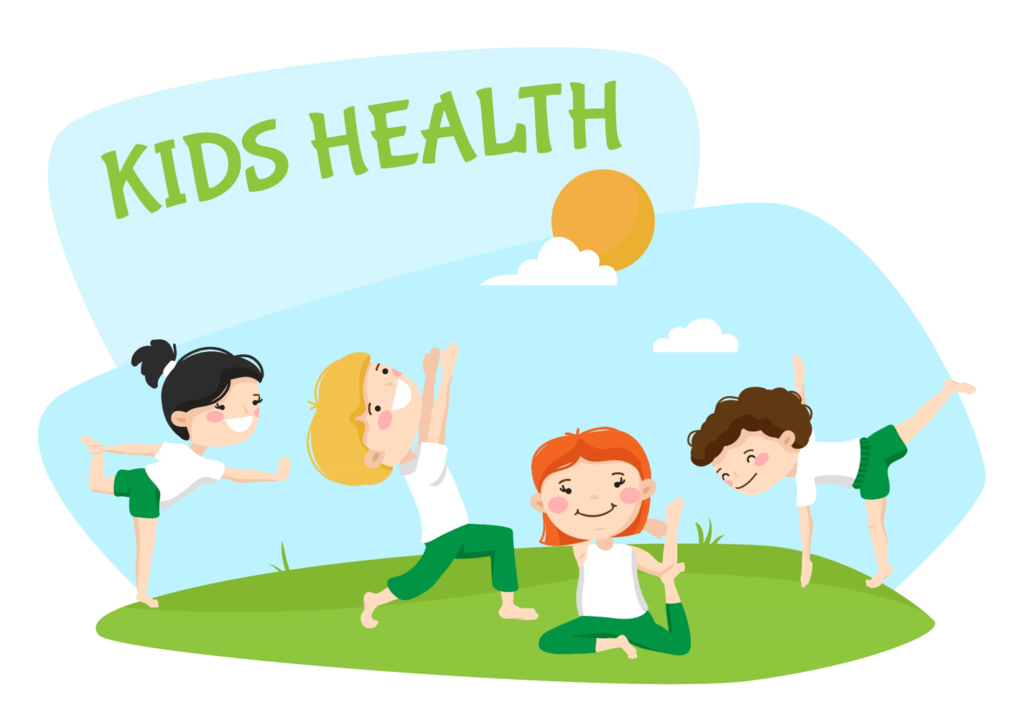Life takes on a new routine for kindergarten children. Food is needed through the day to keep children growing, healthy and active. Offer regular meals and snacks, let your child eat according to their appetite, and enjoy eating together. We help your child learn about signs of hunger and fullness. End the meal if your child is tired, irritable or unwell. In order to implement a sustainable and healthy lifestyle for your child, it is important to understand what good nutrition consists of, how it can affect childhood development, and the steps you can take to ensure your child is onboard.

More Fun Serve Up Good Nutrition for Children
Kindergarten children need a range of foods from the following group:
-
Grains. Foods that are made from wheat, rice, oats, cornmeal, barley, or another cereal grain are grain products. Examples include whole-wheat, brown rice, and oatmeal. Aim for mostly whole-grains.
-
Vegetables. Vary your vegetables. Choose a variety of colorful vegetables. These can include dark green, red, and orange vegetables, legumes (peas and beans), and starchy vegetables.
-
Fruits. Any fruit or 100% fruit juice counts as part of the fruit group. Fruits may be fresh, canned, frozen, or dried, and may be whole, cut up, or pureed. The American Academy of Pediatrics recommends no more than 4 ounces of juice per day for children 1 to 3 years of age, and 4 to 6 ounces per day for children 4 to 6 years of age.
-
Dairy. Milk products and many foods made from milk are considered part of this food group. Focus on fat-free or low-fat products, as well as those that are high in calcium.
-
Protein. Go lean on protein. Choose low-fat or lean meats and poultry. Vary your protein routine. Choose more fish, nuts, seeds, peas, and beans.
Why Nutrition is important for children?

Healthful eating has many benefits for children. It can:
– Stabilize their energy.
– Improve their minds.
– Even out their moods.
– Help them maintain a healthy weight.
– Help prevent mental health conditions. These include depression, anxiety, and ADHD.
Plus, having a healthy diet and focusing on nutrition are some of the simplest and most important ways to prevent the onset of disease. Healthy eating can help prevent many chronic diseases. These include obesity, heart disease, high blood pressure, and type 2 diabetes. Around half of all Americans have one or more of these illnesses.
More Fun Daily Healthy Plate


